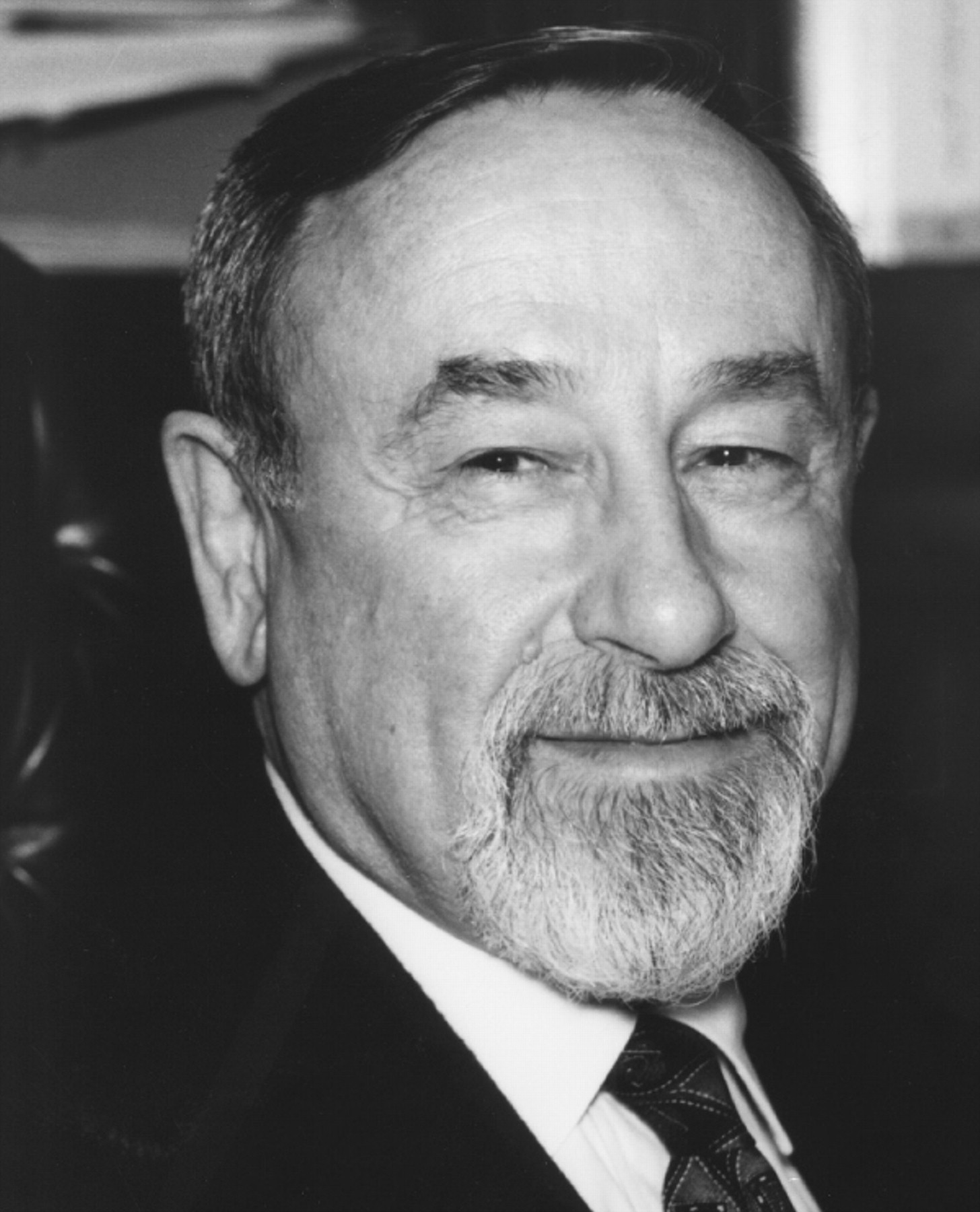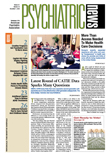During the past two and a half years I have had the privilege of representing California psychiatrists as a voting member of the Board of Trustees of APA. I have built important, collaborative relationships with other trustees and have been able effectively to bring California's issues to the table. My understanding of the process of getting things done using the administrative structure of APA has grown, and is still expanding. I am deeply committed to the advancement of our profession, and ask again for your vote as I petition to represent you for a second term.
In a previous candidate's statement, I identified APA budget deficits and declining membership as major problems facing our organization. Since then, APA's finances have returned to robust good health, and membership is once again growing.
That is the good news. The bad news, especially for California psychiatry, is that there is a relentless campaign under way in the legislature, in the state administrative bureaucracy, and in the courts that could result in the marginalization of psychiatry and in second-class treatment for our patients.
For example, even as this is being written, our state government has enacted permanent regulations to bar the expenditure of Proposition 63 funds for involuntary care. This amounts to a betrayal of the Prop 63 campaign promise to California families that if passed, the state would provide for its sickest citizens—the homeless and the chronically psychiatrically ill. The CPA does not currently have the resources to sue the state to overturn those regulations.
In Prop 63's first year alone, $1.2 billion has been collected and sequestered, presumably to fund projects based on the social recovery model. This approach, although it does not claim that mental illness is a myth, does aim to reduce the need for psychiatrists through social projects using non-M.D. providers. While it is a laudable goal to keep patients out of the hospital, psychiatry must be kept at the helm of this care delivery process. Mental illness is a medical issue before it becomes a social one. This is only one of several threats facing California psychiatry.
There are regulatory changes, which, if enacted, would allow psychologists to admit, order restraints, and discharge psychiatric patients with no input from a psychiatrist.
There is a current federal court case that seeks to have the court order that state hospitals allow psychologists to medicate patients. The plaintiffs argue that it is necessary because there are not enough psychiatrists to do the job.
There is a federal court-appointed “special master” over mental health care in California prisons and a “monitor” over state hospitals, presumably to order better care for prisoners and patients. We fear the state will attempt to meet their demands by providing the services of nonmedical practitioners instead of psychiatrists.
All this is relevant in the APA national election because California is in desperate need of APA, which has some financial wherewithal to help. California has almost 40 million people. It is not a marginal player on the national scene, and the action is in Sacramento. If we lose there, psychiatry in America will ultimately be the big loser.
California psychiatry must have the appearance as well as the substance of organizational effectiveness if we are to have a chance of getting the help we need from APA. The job of the Area 6 (California) trustee is to pull some of the attention and resources of APA to California, and I believe I can do this. Parochial considerations must be put aside in the service of statewide advocacy. And the burdens must be shared as widely as possible by aggressive recruitment of nonmember colleagues. If you give me the opportunity to do so, I will continue working hard for California psychiatry at the Board of Trustees.
PRIMARY PROFESSIONAL ACTIVITIES AND SOURCES OF INCOME
PROFESSIONAL ACTIVITIES
•.
90%-95%—Full-time private practice of adult psychiatry, addiction psychiatry, and psychoanalysis, Santa Monica, Calif.
•.
5%-10%—Medical director for mental health services, St. John's Hospital, Santa Monica, Calif.
INCOME
•.
5%-10%—St. John's Hospital

